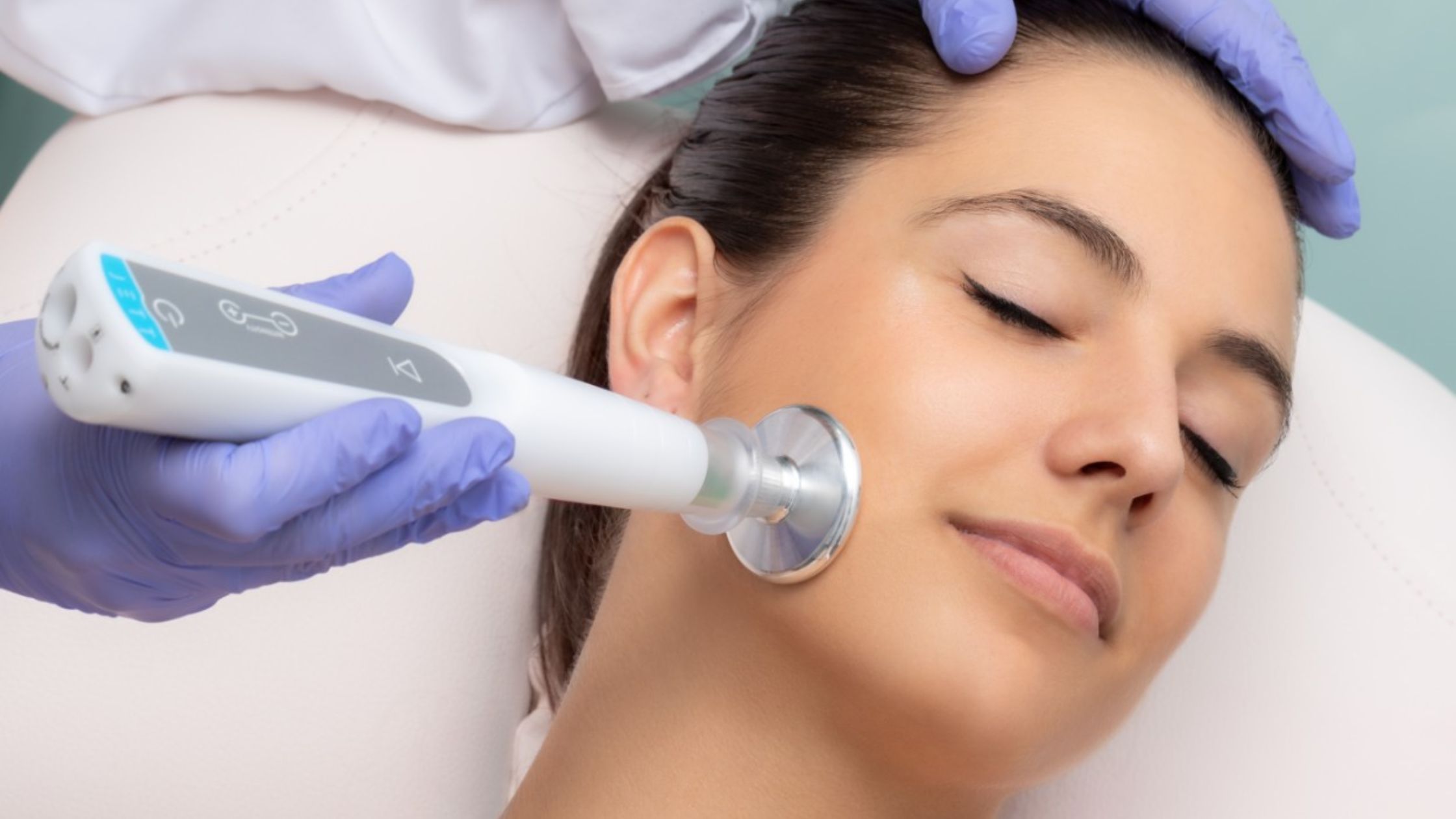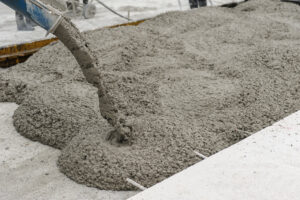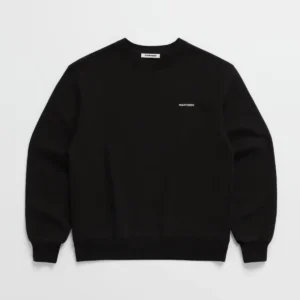Exploring Non-Hyaluronic Acid Filler Options
In recent years, dermal fillers have revolutionized the aesthetic industry by offering quick, non-surgical solutions for facial rejuvenation. While hyaluronic acid (HA) fillers like Juvederm and Restylane have long dominated the scene, a new wave of interest is rising around non-hyaluronic acid fillers—and with good reason. These advanced options offer longer-lasting results, structural improvements, and tailored solutions for diverse cosmetic needs. If you’re exploring Dermal Fillers in Islamabad, understanding the available non-HA options can help you make an informed decision based on your aesthetic goals and skin condition.
Non-HA fillers aren’t just for people who’ve exhausted their HA options—they’re often preferred for deeper corrections, volume loss, and long-term results. In this comprehensive guide, we explore the types, uses, benefits, and considerations surrounding non-hyaluronic acid fillers in Islamabad.
Understanding the Basics: What Are Dermal Fillers?
Dermal fillers are injectable substances used to restore lost volume, smooth wrinkles, contour facial features, and rejuvenate the skin. The most common are hyaluronic acid fillers, known for their moisture-retaining ability and reversibility.
However, non-hyaluronic acid fillers use different materials to stimulate collagen production, improve facial structure, or provide long-lasting volume. These include biostimulants and synthetic compounds designed for more defined, durable outcomes.
Why Consider Non-Hyaluronic Acid Fillers?
While HA fillers offer flexibility and safety, they may not be the ideal solution for all patients or concerns. Here’s why non-HA fillers are gaining attention:
- Longer-lasting effects (up to 2 years or more)
- Structural support for areas like cheeks, jawline, and temples
- Collagen stimulation, offering skin quality improvement over time
- Cost-efficiency in the long term due to fewer touch-ups
- Less migration compared to soft HA gels in mobile areas
Types of Non-Hyaluronic Acid Fillers
Let’s take a closer look at the leading non-HA filler options available or gaining traction in Islamabad:
1. Calcium Hydroxylapatite (CaHA) – Brand: Radiesse
What is it?
CaHA is a biocompatible substance found naturally in bones. When injected, it adds volume and stimulates collagen over time.
Best For:
- Cheek augmentation
- Jawline contouring
- Nasolabial folds
- Marionette lines
- Hand rejuvenation
Longevity:
12 to 18 months
Benefits:
- Immediate volume with gradual collagen buildup
- Thicker consistency for deeper injections
- Minimal swelling post-procedure
Considerations:
- Cannot be dissolved like HA fillers
- Not suitable for lips or under-eye areas
- Requires skilled application due to its firmness
2. Poly-L-lactic Acid (PLLA) – Brand: Sculptra
What is it?
Sculptra works by stimulating the skin’s natural collagen production. It’s injected as a liquid and builds volume gradually over several sessions.
Best For:
- Deep facial volume loss
- Hollow cheeks and temples
- Facial sagging from aging
Longevity:
Up to 2 years
Benefits:
- Natural-looking, gradual results
- Improves skin texture and elasticity
- Suitable for pan-facial rejuvenation
Considerations:
- Results are not immediate
- Requires 2–3 sessions spaced weeks apart
- May cause lumps if improperly injected
3. Polymethylmethacrylate (PMMA) – Brand: Bellafill
What is it?
Bellafill contains PMMA microspheres suspended in collagen gel. It offers both immediate volume and long-term support.
Best For:
- Acne scars
- Nasolabial folds
- Deep wrinkles
Longevity:
Up to 5 years
Benefits:
- Longest-lasting FDA-approved filler
- Dual action: collagen and filler
- Permanent solution for acne scars
Considerations:
- Semi-permanent—difficult to reverse
- Higher risk of granuloma if not placed properly
- Thorough consultation required before use
Comparison Table: HA vs Non-HA Fillers
| Feature | Hyaluronic Acid (HA) | Non-HA Fillers |
|---|---|---|
| Duration | 6–12 months | 1–5 years |
| Reversible | Yes (Hyaluronidase) | No |
| Immediate Results | Yes | Varies |
| Collagen Stimulation | Minimal | Significant |
| Texture | Soft, gel-like | Dense, structured |
| Common Areas | Lips, under-eyes | Cheeks, jawline, folds |
| Customization | High | Requires expertise |
Who Should Choose Non-HA Fillers?
Ideal Candidates:
- Adults with moderate to severe facial volume loss
- Individuals seeking long-lasting or permanent correction
- Patients who’ve used HA fillers and want more structural results
- Those comfortable with less reversibility
Not Ideal For:
- First-time filler users
- Those wanting subtle, temporary changes
- Patients prone to keloids or nodules
- Anyone uncertain about committing to longer-term fillers
Safety and Expertise: Why Injector Experience Matters
Non-HA fillers are less forgiving than HA-based ones. They:
- Require precise depth placement
- Demand a deep understanding of facial anatomy
- Cannot be reversed easily, increasing the importance of proper technique
Choosing a board-certified, trained injector with experience in non-HA products is essential. Clinics in Islamabad offering these advanced fillers typically have dermatologists or aesthetic physicians with international certifications and continuous training.
Cost of Non-Hyaluronic Acid Fillers in Islamabad
Prices vary depending on the type of filler, treatment area, and clinic expertise.
| Filler Type | Cost (Approximate) |
|---|---|
| Radiesse (CaHA) | PKR 45,000–70,000/syringe |
| Sculptra (PLLA) | PKR 50,000–75,000/session |
| Bellafill (PMMA) | PKR 70,000–100,000/syringe |
Though more expensive upfront than HA fillers, non-HA fillers are more cost-effective in the long run due to fewer touch-ups.
What to Expect During and After Treatment
Procedure:
- Consultation and facial mapping
- Topical anesthetic or lidocaine fillers used
- Injections with cannula or needle
- Gentle massage to distribute product
Post-Treatment:
- Minimal downtime
- Swelling or bruising for 1–3 days
- Gradual improvement with biostimulants
- Follow-up after 4–6 weeks (especially for Sculptra)
Real Patient Testimonials
Sana, 38 – Cheek Augmentation with Radiesse:
“I switched from Juvederm to Radiesse for my cheeks and jawline. The definition is amazing and lasted over a year without needing a touch-up.”
Bilal, 45 – Sculptra for Facial Volume Loss:
“My dermatologist suggested Sculptra due to my age-related volume loss. It took 3 sessions, but the transformation looks natural and refreshed.”
Mehwish, 33 – Bellafill for Acne Scars:
“Bellafill smoothed my acne scars after years of trying lasers. Permanent improvement—worth every rupee.”
How to Choose the Right Filler Type
During your consultation, your provider will assess:
- Skin type and thickness
- Age and aging pattern
- Treatment area and depth required
- Desired longevity and budget
- Prior filler history
You may even combine HA and non-HA fillers for layered, customized results—for example, HA for lips and CaHA for cheeks.
Can You Mix HA and Non-HA Fillers?
Yes—but with a few caveats. Layering treatments should be spaced appropriately and planned based on:
- Product compatibility
- Filler placement depth
- Risk of migration or reaction
Experienced injectors may use HA in superficial areas (like lips or tear troughs) and CaHA/PLLA in deeper tissues for natural, multi-dimensional results.
Final Thoughts: Is It Time to Try Non-HA Fillers?
While hyaluronic acid fillers are still the gold standard for many, non-HA alternatives offer a compelling option for those looking for:
- Longer-lasting effects
- Better collagen stimulation
- Greater structural support
- Fewer maintenance sessions
If you’re seeking advanced, effective solutions tailored to your facial structure and goals, consider exploring non-hyaluronic acid Dermal Fillers in Islamabad under the guidance of a certified expert. It’s not just about enhancing appearance—it’s about choosing a treatment that evolves with your needs.
FAQs
Q: Are non-HA fillers safe?
A: Yes, when administered by experienced professionals using FDA-approved products.
Q: Can I remove non-HA fillers if I don’t like the result?
A: Most non-HA fillers cannot be dissolved like HA. This makes it essential to choose a skilled injector.
Q: Do non-HA fillers hurt more?
A: Pain is similar to HA fillers. Numbing creams or lidocaine-laced formulas reduce discomfort.
Q: Are there more side effects with non-HA fillers?
A: Risks are slightly higher due to irreversibility and particle structure but are minimized by professional application.













